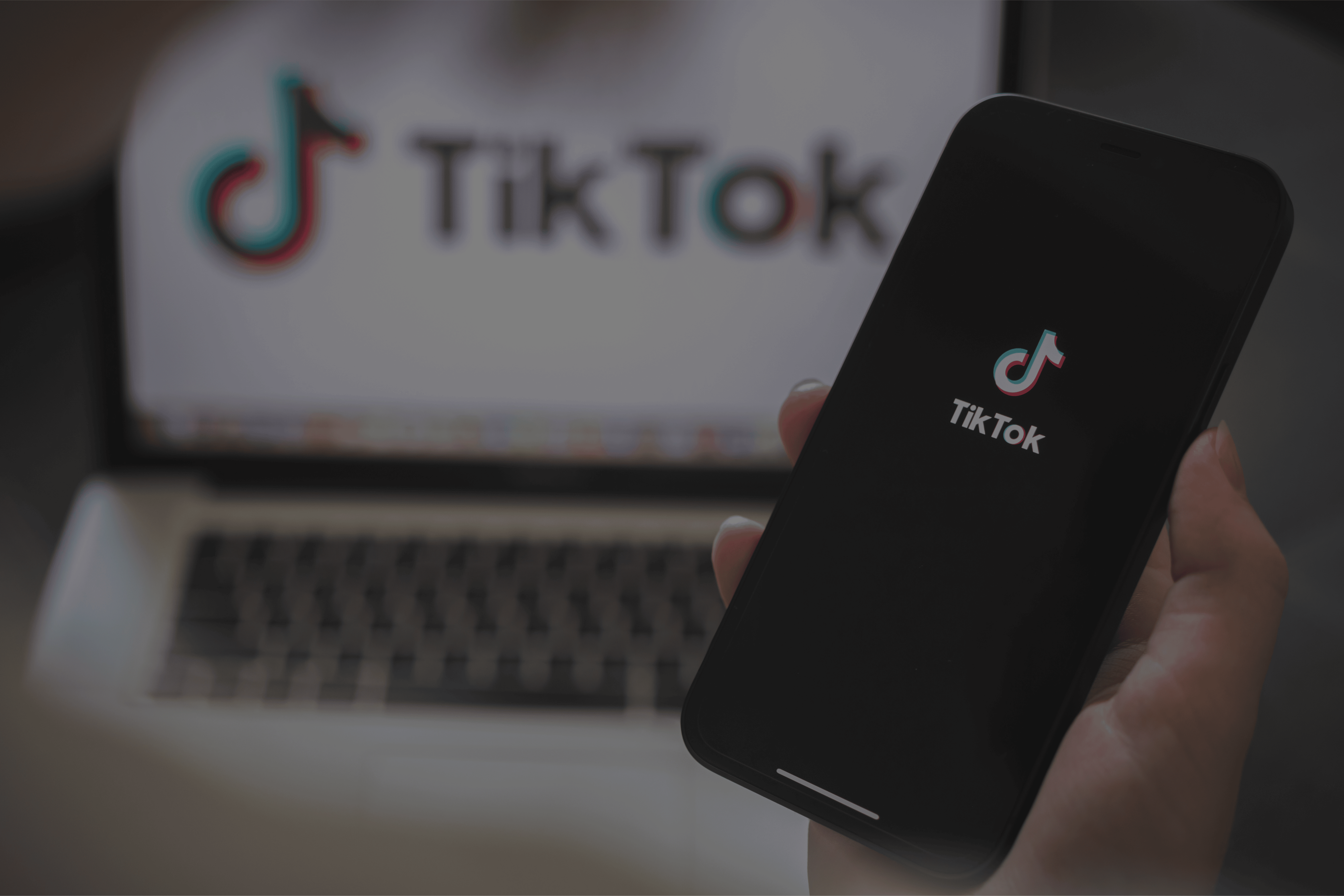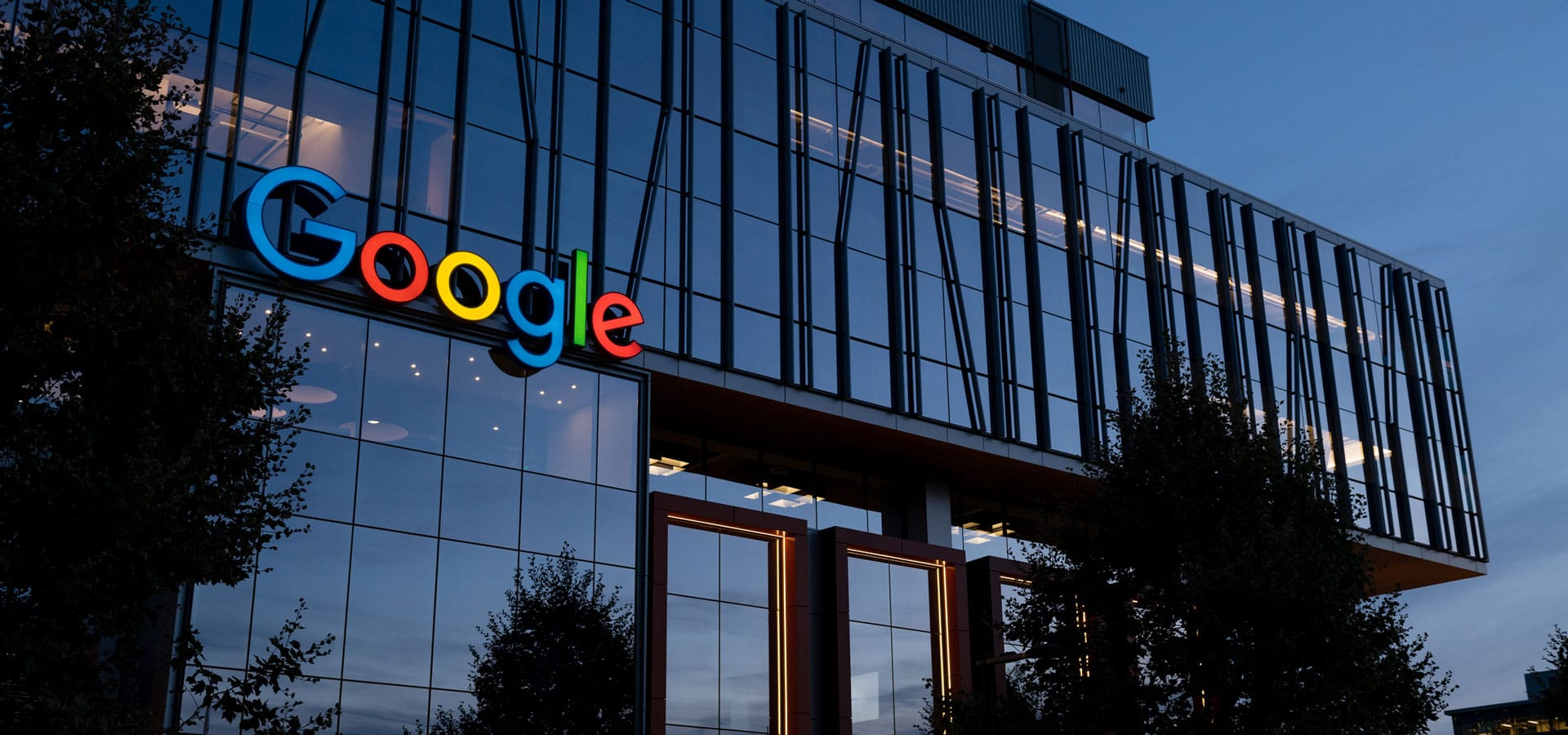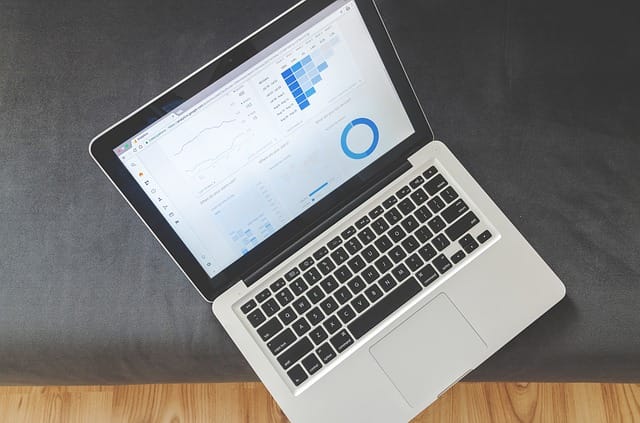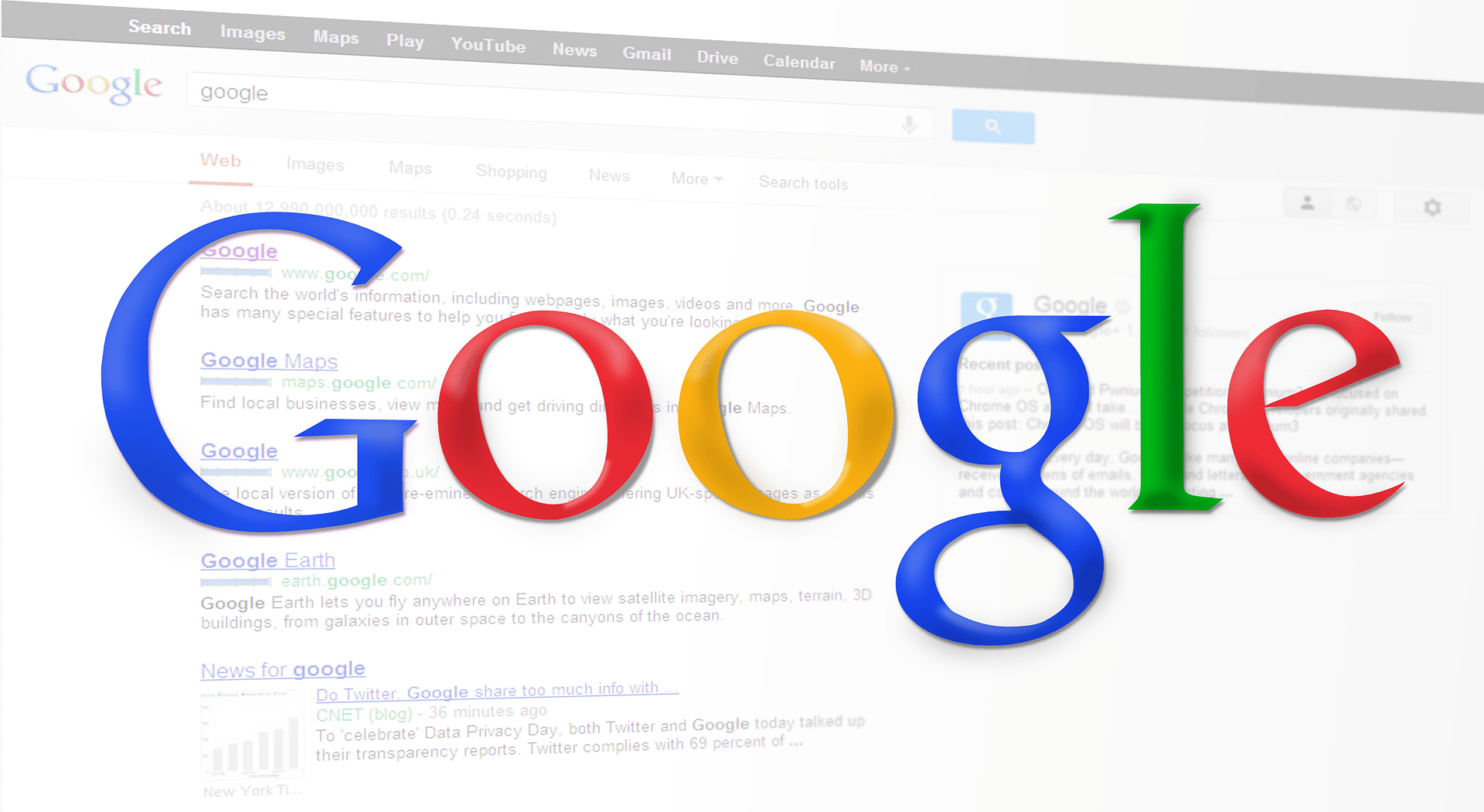A question on everyone’s mind lately is, “Are we heading toward a recession?” The answer is not always clear but, according to the Associated Press, six months of contraction is a long-held informal definition of a recession.
On that note, the U.S. recorded two successive quarters of economic contraction this year, indicating a recession; BUT we’ve also recently recorded low unemployment rates and high job vacancies, both of which don’t generally fall in the recession classification.
The global market share has not been the same since business growth screeched to a halt in March 2020 as the coronavirus surged. One thing is clear to economists though: nothing is simple in a post-pandemic economy, which is why people must be prepared for anything.
Preparing for Times of Crisis
When uncertainty abounds, many consumers and business owners believe that they should save money wherever possible. Consumer behavior changes in that they may not purchase goods that are considered unnecessary or luxury items. In turn, this leads businesses to believe that they should slash costs to the digital marketing budget because why spend money to market to and obtain new customers when they’re less inclined to buy?
This logic can make sense for some businesses in the short term, although there is market research to suggest the contrary may be more effective in the long-term.
Digital Marketing Plans During Economic Downturns?
In short, is digital marketing during an economic downturn—whether that’s a recession or a pandemic— still a good idea?
The answer: absolutely.
After all, even if overall demand has decreased as a recession hits, people will continue to still search for new products and services online; therefore, having certain digital marketing efforts in place will get you in front of the people who are either actively searching for what you offer or who most closely fit your target audience.
Five Digital Marketing Essentials
Campaign experts agree that from a long-term marketing investment stand-point, robust online marketing tactics are the best investment you can make to protect your business during an economic downturn. Recession-proof marketing strategies matter now more than ever before, and there are a handful of ways you can effectively promote your business online to reach existing customers and acquire new opportunities during tough times.
Here are a few of those options for marketing teams to enhance the customer experience and cultivate long-term growth.
1. Local Search
Of the 3.5 billion searches performed on Google every day, 46% of them are looking for a local service.
Think about that for a second…
That’s a ton of opportunity awaiting your business. We generate senior living communities 1,000s of leads every month from local SEO optimization.
Local search is, by far, one of the smallest investments you can make to promote your business online and, potentially, the most beneficial.
If you own or operate a service-based business that relies upon a local audience to grow its customer base, establishing a presence in the “map pack” of search results is a must — regardless of the economic climate.
If you have not yet claimed a listing on popular local platforms like Google My Business or Bing Places — both of which are free — do so now.
Yes, there may be times when demand for your local product or service is lower than normal, but don’t cheat yourself out of any available opportunities.
Those opportunities could come from people right in your own backyard.
2. Trustworthy Content Marketing
According to a survey conducted in 2019, more than 81% of consumers admitted that a major factor when deciding whether or not to purchase a product or service from a specific brand was the level of trust in that brand.
Nothing instills trust in your brand like the content on your site. It informs while also providing value that improves your potential customers’ lives.
Providing your audience with educational content breeds trust, but it also incorporates the value you want to present to your audience, fostering long-lasting goodwill. Informational content aligns with how a majority of people search the Web.
You’re an expert in your field, and the content on your site should confirm this.
Studies have shown that nearly 75% of consumers trust content that is considered educational without explicitly soliciting a product or service.
For example, let’s say you’re a plumber. You could publish a comprehensive guide on how simple DIY preventative measures can lower water bills.
Rather than telling someone why you should be their plumber, you’re providing them with real value — value that will pay off the next time that person needs to repair a plumbing issue that requires professional help.
Creating new content is not the sexiest or most expedient way of promoting your business, but when done right, it will create a bond between your brand and your audience, the foundation of which is built upon a trust level that can endure for a very long time.
3. Search Engine Optimization
The concept of SEO can be daunting, but there should always be room for it in your overall marketing plan.
In fact, because SEO is the ultimate long-term play, what you do now — when you have a little extra downtime — can pay off handsomely down the line.
Creating valuable content and acquiring links from authoritative sources across the Web are — and always will be — the top two ingredients of successful SEO.
But be mindful of the time you have now to perform some general maintenance on your site. Optimizing it page by page will complement the other two ingredients of SEO and ultimately put you in a good position when the effects of any type of crisis subside.
Despite the fact they can offer outdated advice at times, user-friendly plugins, like Yoast, can help with site maintenance.
At the very least, they’ll provide you with the resources to optimize each page of your site and address some of the more technical aspects of SEO, which are vital to ranking well in Google and other search engines.
Buttoning up everything on your site through optimization is a vital part of any sound SEO strategy and can lead to new opportunities three, six, 12 months down the road.
4. Paid Ad Campaigns
We know, the word “paid” seems out of place.
Especially when you consider the other techniques on this list require little to no marketing spend.
Paid ad spend, however, on platforms like Google Ads and Bing Ads, are priced according to an auction-like system that’s predicated upon competition.
If your competitors are dropping out of this auction out of fear of advertising spending money during times of crisis, shouldn’t you do the same?
…the simple, and very straightforward, answer is no.
The absence of your competitors only makes it easier and cheaper for you to reach potential customers.
Ads for your business show at the top of Google’s (or Bing’s) search results, and you get clicks from potential customers at what could be a drastically reduced price, which stretches your overall marketing expenditures even further than before.
These clicks can result in leads that ultimately produce revenue to pay for important operational expenses, such as employee salaries, utilities, and more.
5. Email Marketing
At a time where consumers are more financially-cautious, it’s essential for your business to be able to reach a growing and active user base at a lower cost.
The number of global e-mail users amounted to four billion in 2021 and is set to grow to 4.6 billion users by 2025 (Statista). On top of that, nearly 85% of consumers check their email inboxes at least once a day.
Cost-effective email marketing offers your business an average return of $42 for every $1 you spend, but focusing your email marketing initiatives on maintaining your relationship with current customers helps ensure they stay your customers. In fact, messaging your current customers yields five to 25 times more than trying to gain new customers.
Email marketing is beneficial because these customers have already agreed to hear from your business and are more open to your marketing efforts. This market opportunity allows you to cultivate customer loyalty, which is critical when your business may lose customers from an economic decline.
Conclusion
Times of social and economic strife can be hard on us all, but they’re perhaps hardest on small businesses who rely on two dollars being returned for every dollar spent.
The good news is, the Web provides a wealth of opportunities for any business, in any economic activity.
You just need to know where to focus your advertising budget to maximize your opportunity and return on investment — both of which can be done at a surprisingly lower cost.




























